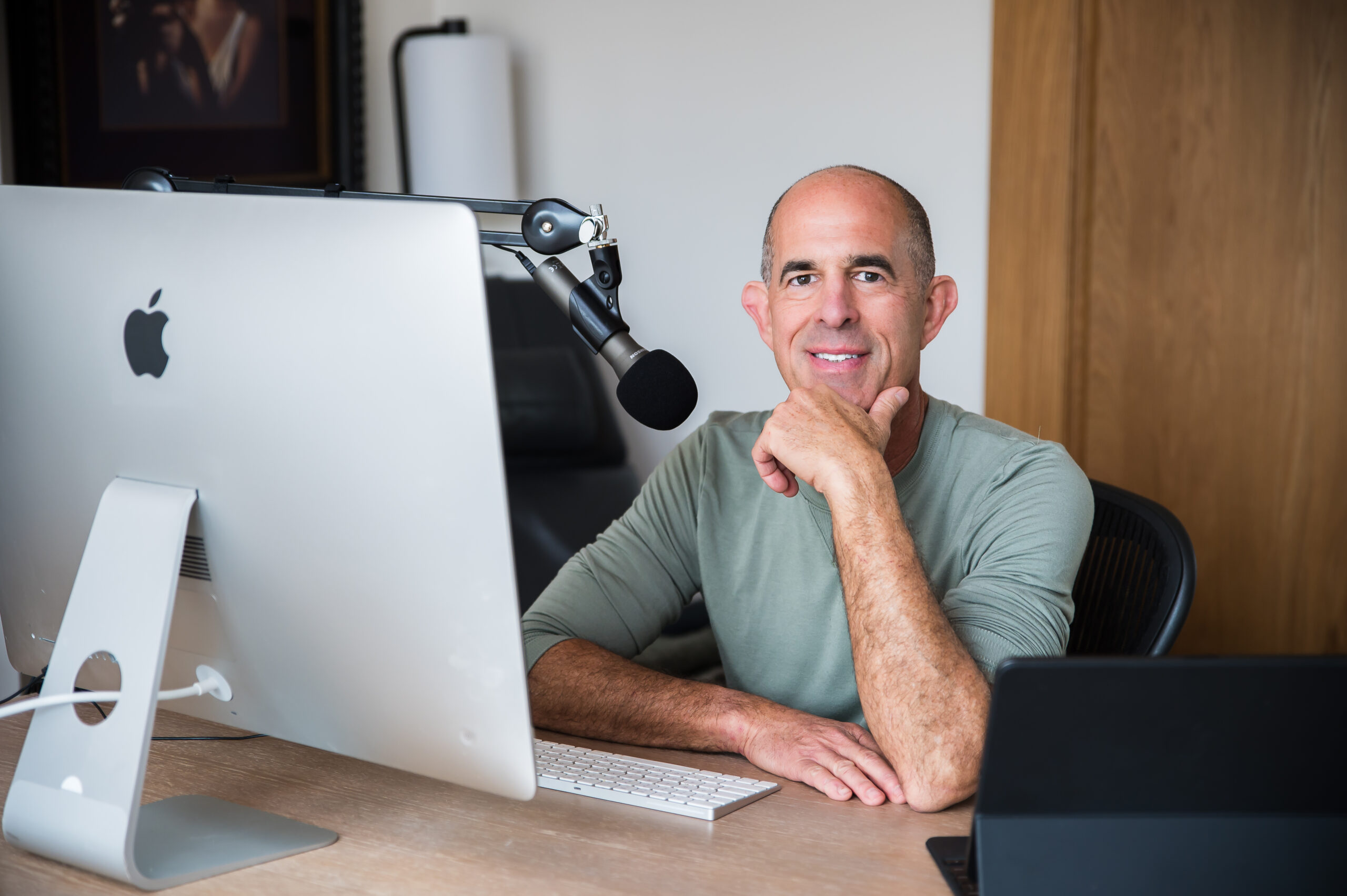Listen on: Apple Podcasts | Spotify | Amazon Music | Podcast Index | Overcast | YouTube
What you’ll find in this episode:
00:00:48 Introduction
00:02:22 Take-home messages
00:05:01 Case study
00:08:27 The Limitations of medical testing
00:18:59 What do the experts say?
00:23:51 How screening found cancer but did not affect mortality
We’re bombarded with advertisements for all sorts of tests these days: comprehensive blood panels for a few hundred dollars, total body MRI scans for cancer detection, heart calcium scans, and even tests to rule out multiple cancers. But are these tests worth it if you are asymptomatic and don’t have an important family history?
A few years ago, I experienced fainting episodes while running. After a series of tests, including seeing a cardiologist, I was told that my blood pressure dropped upon standing—a condition that required no treatment, just caution. During these tests, they found that my heart was larger than usual. This discovery led to a lot of anxiety over the years, despite it likely being a false positive. This case illustrates how even with legitimate symptoms, testing can sometimes lead to more questions than answers. And, large panels of tests compound the problem.
The Issues with Testing
It’s tempting to think that more testing is better, but the reality is that tests are imperfect. They’re often based on statistical averages, and results can be misleading. For example, if you undergo multiple tests, you’re likely to get some abnormal results just by chance. This can lead to further testing, expense, time, potential medical complications, and unnecessary worry.
Medical Expert Recommendations
Organizations like the US Preventive Services Task Force and the American College of Radiology provide guidance on screening tests. They recommend specific tests like pap smears, mammograms, and colonoscopies, but not routine total body MRIs or large blood panels. Even well-regarded screening tests can result in false positives, as shown by studies and practices in countries like South Korea.
Real-Life Examples
I’ve seen friends go through the stress of false positives from MRIs or calcium scores, leading to further tests and anxiety. It’s essential to weigh the potential impact of these findings on your life, including how they might affect insurance and your mental well-being.
Conclusion
To sum up, while early detection of health issues sounds appealing, the reality is that many screening tests can lead to false positives and unnecessary complications. If you’re asymptomatic and don’t have a concerning family history, it’s often best to save your money and avoid these tests. Always consult with your doctor to make informed decisions based on your specific health needs.

Scientific research underscores the intricate interplay between lifestyle factors and human health. Exercise, a cornerstone of well-being, enhances cardiovascular health, boosts mood, and promotes cognitive function. Coupled with proper nutrition, it fosters optimal physical performance and supports immune function. Beyond the individual, social ties exert profound effects on health, buffering against stress and enhancing longevity. Meanwhile, exposure to hot and cold environments elicits physiological adaptations, bolstering resilience and metabolic efficiency. Adequate sleep, essential for cognitive consolidation and metabolic regulation, underscores the importance of restorative rest. Moreover, the mind-body harmony underscores the intricate relationship between mental and physical health, highlighting the profound impact of mindfulness and stress management on overall well-being. Integrating these factors into daily life cultivates a holistic approach to health promotion and disease prevention.